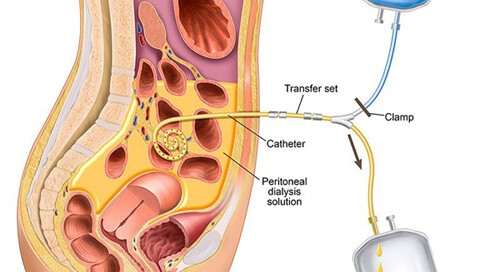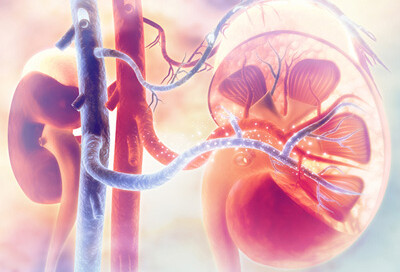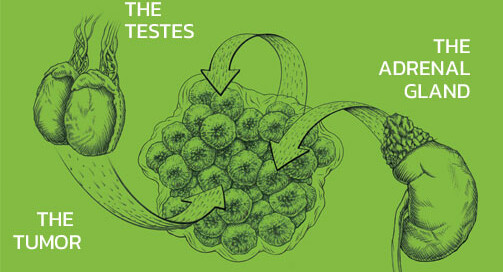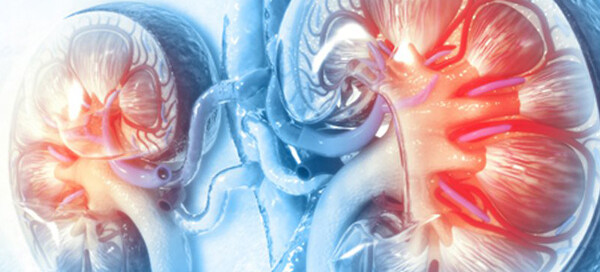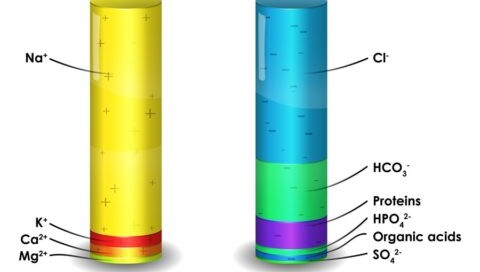Overview of Peritoneal Dialysis
The definition of dialysis is: “the separation of particles in a liquid on the basis of differences in their ability to pass through a membrane”. Clinically dialysis requires: Access to blood A semipermeable membrane Dialysis solution Particles (urea, creatinine, other uremic molecules and electrolytes) diffuse between blood and dialysate down the concentration gradient.

